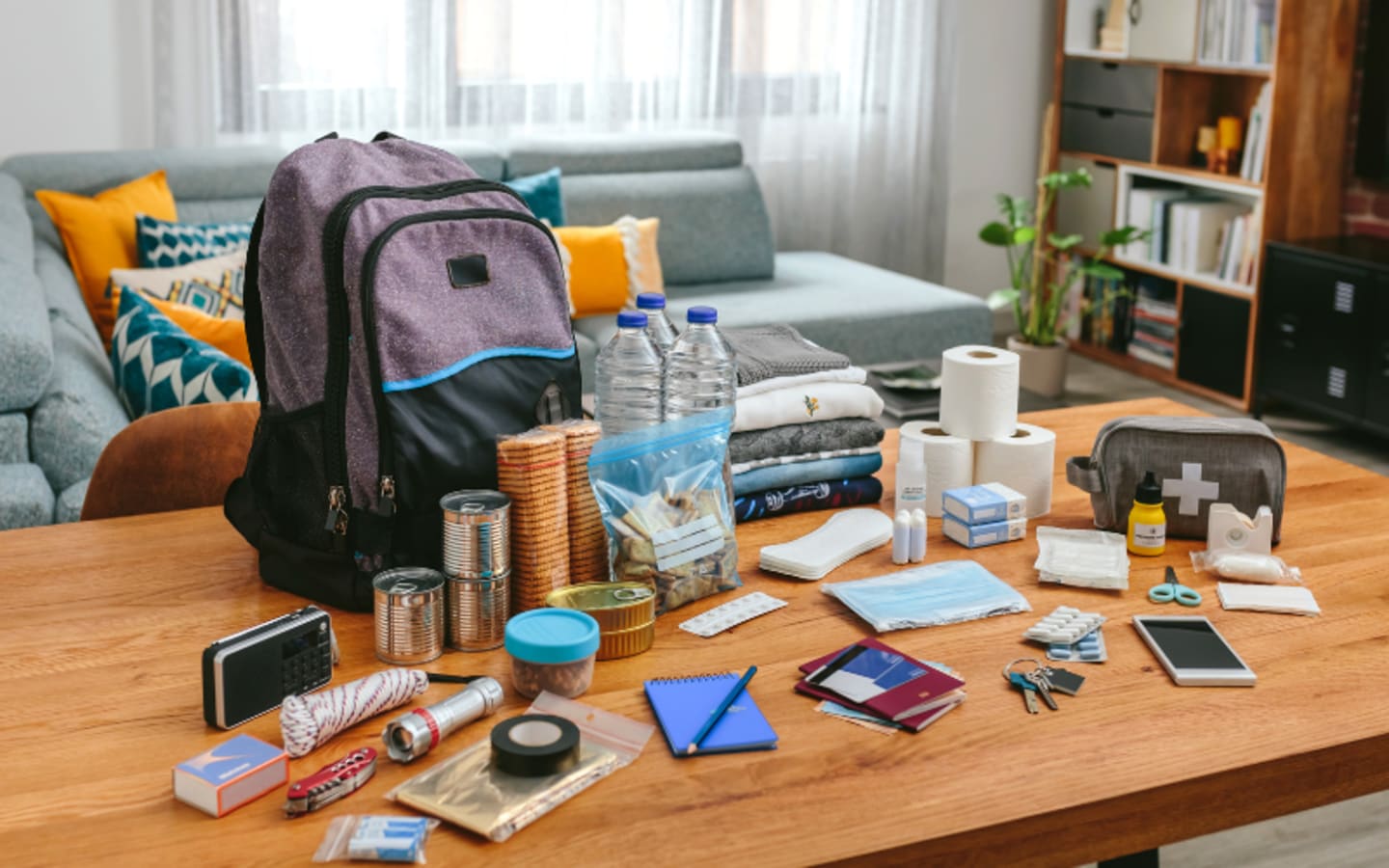Prepping ain't just for doomsday nuts or folks in tinfoil hats. It’s about being ready for life’s curveballs—think power outages, storms, or even job loss. Starting to prep means taking control, so you’re not left high and dry when things go south. This article breaks down why prepping matters and how to kick things off without feeling overwhelmed.
Why Should You Start Prepping?
Life’s unpredictable, y’know? One day it’s sunny, the next, a hurricane’s knocking. Prepping gives you peace of mind. Natural disasters, economic hiccups, or even personal emergencies like a busted car can hit hard. Being prepared means you’ve got a plan and some supplies to fall back on.
For me, it hit home a few years back during a wicked snowstorm. Power was out for three days, and I had no heat, no food stocked, and a dead phone. I was stuck, stressing, and kicking myself for not being ready. That’s when I said, “Never again,” and started prepping. It’s not about fear—it’s about being smart.
Plus, prepping saves cash in the long run. Buying in bulk now means you’re not panic-buying overpriced stuff later. And it’s not just disasters—think about inflation or supply chain snags. Having a stash means you’re covered.
How To Start Prepping: Easy First Steps
You don’t need a bunker or a million bucks to prep. Start small, build slow, and keep it practical. Here’s how to dive in:
1. Figure Out What You Need
Think about your life. Live in a hurricane zone? Stock up on water and batteries. City dweller? Maybe focus on food and a way to bug out if needed. Make a list of what you’d need for a week without power, water, or stores. Basics like food, water, first aid, and light are a good start.
2. Stock Up on Food and Water
Start with a three-day supply, then aim for two weeks. Canned goods, rice, beans, and pasta are cheap and last forever. Don’t forget a can opener! For water, get one gallon per person per day. You can buy jugs or reusable containers. Pro tip: rotate your stock so nothing goes bad.
3. Build a Basic Emergency Kit
Grab a backpack and toss in:
- Flashlight and batteries
- First aid kit
- Matches or a lighter
- Multi-tool or knife
- Blankets or emergency sleeping bags
- Some cash (ATMs might be down)
I keep mine in my car trunk—saved my butt once when I got stranded overnight.
4. Learn Some Skills
Prepping ain’t just stuff. Knowing how to start a fire, purify water, or do basic first aid is huge. Watch YouTube vids or take a local class. I learned to filter water with a cloth and some charcoal—sounds janky, but it works.
5. Make a Plan
Talk to your family or roommates. Where do you meet if you can’t get home? Who’s grabbing the kids or pets? Write it down. Also, know your area—evacuation routes, shelters, all that jazz. My plan’s taped inside a kitchen cabinet, so everyone knows the deal.
6. Stay on Top of It
Prepping’s not a one-and-done thing. Check your supplies every six months. Replace anything expired. Add new stuff as you learn. It’s like leveling up in a video game—keep at it, and you get better.
Common Mistakes To Avoid
- Going overboard: Don’t blow your paycheck on fancy gear. Start with basics.
- Forgetting balance: Food’s great, but don’t skip water or meds.
- Ignoring skills: Gear’s useless if you don’t know how to use it.
- Panic prepping: Buying random crap in a frenzy leads to waste.
Why Prepping Feels So Good
Prepping’s not just about surviving—it’s empowering. You’re not waiting for someone to save you. You’re ready to handle whatever comes. Plus, it’s kinda fun. I get a kick out of organizing my supplies and learning new tricks. It’s like being a grown-up Boy Scout.
Keep It Chill and Start Today
You don’t gotta be a survivalist to prep. Start with a few cans of soup, a jug of water, and a flashlight. Build from there. The world’s a wild place, but prepping means you’re ready to roll with the punches. So, what’s stopping you? Grab a notebook, make a list, and get started. You’ll sleep better knowing you’re prepeared.





